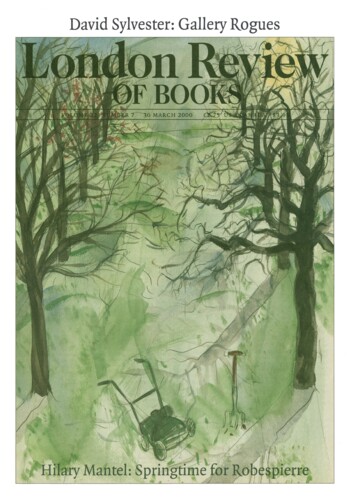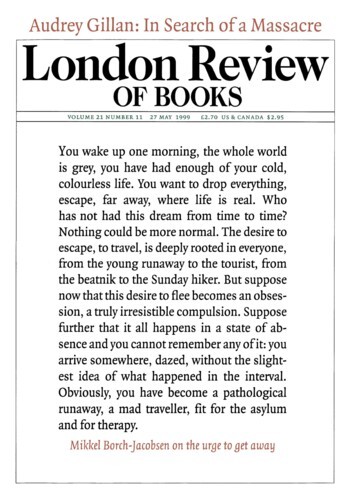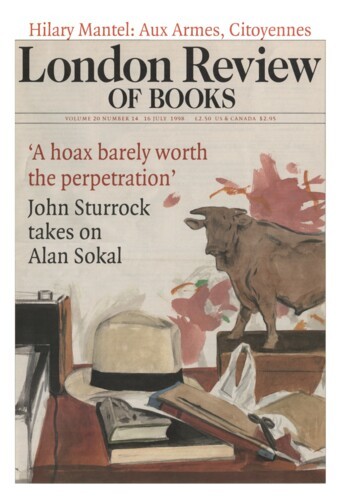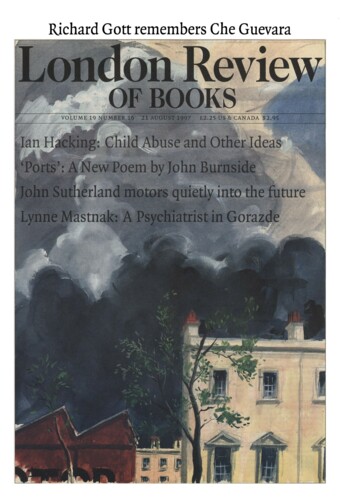Not Much Tolerance, Not Much Water: the last nine months in Kosovo
Lynne Mastnak, 30 March 2000
12 June 1999, Kukes, Albania. The Germans came to Kukes today. They were late, but the waiting crowd cheered as tanks and APCs rolled past. Yesterday a mild-mannered lieutenant-colonel told us that anyone could cross the border back into Kosovo but they were ‘not to get in the way of the tanks’. He advised waiting a few days for a ‘green light’. Last week UNHCR were telling us that we should still direct people to go south down into Albania. There is now an information campaign advising people not to return to Kosovo yet, it is not safe and there is no food. Some of us suggested that, regardless of directives, preparations should be made for an influx of three or four hundred thousand in a very short space of time. Two hundred went back yesterday and the families in the tractor camps are already packing for home.




